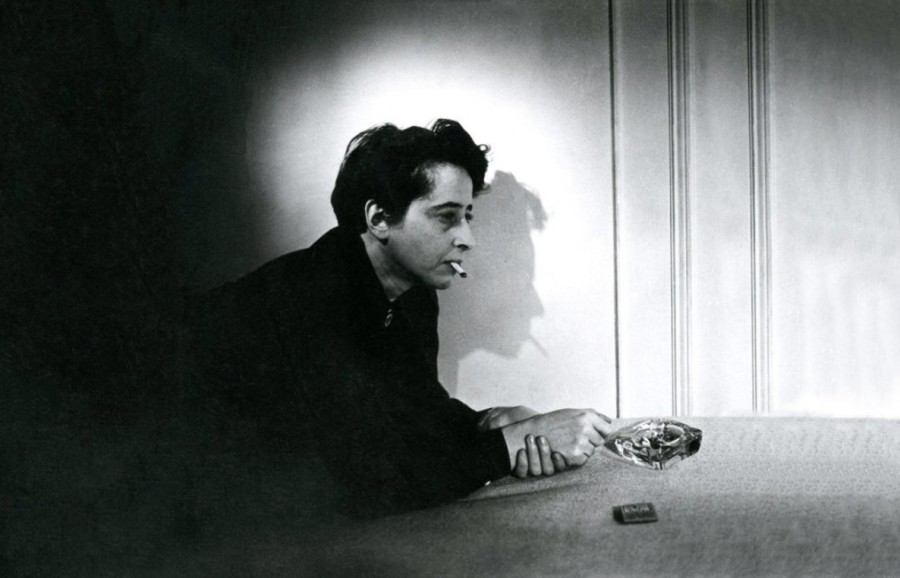Hannah Arendt Documentary Captures the Philosopher’s Convictions
“Viva Activa: The Spirit of Hannah Arendt” opens at the Film Forum on the 6th of April.
April 6, 2016
“Vita Activa: The Spirit Of Hannah Arendt” delves into the life and philosophy of the 20th century German thinker Hannah Arendt. Arendt’s work in political philosophy ranges from discussion of totalitarianism to the nature of thought and judgment in a terror-free society and the necessary hierarchy of human activity that makes political engagement possible. The magnitude and originality of her philosophical inquiries is so great it cannot be easily categorized or synthesized into a single system, but Ada Ushpiz’s documentary nonetheless succeeds in surveying Arendt’s most significant and complex arguments, inviting the audience to ponder their relevance today.
Ushpiz creates an elaborate collage of old photos, family anecdotes, personal letters and interviews with friends and fellow scholars, presenting a picture of Arendt as a determined and independent woman seeking to understand the nature of unprecedented terror into which the world was about to descend. Through Arendt’s life at the onset of World War II, her academic influences and relationships with other philosophers, we are given the context in which her ideas originated. Ushpiz hence tries to explain Arendt’s often superficially understood ideas, such as the much contested phrase “banality of evil,” and dissolve the controversies around them.
What is admirable about the director’s approach is her extensive use of Arendt’s own words, extracted from letters, writings and interviews to defend her theories. The philosopher’s voice (real or reenacted) underscores the film, making her strong personality palpable and giving license to her unapologetic and original views. It is because Ushpiz focuses on Arendt’s philosophical inquiries as a means to guide the biographical picture, with rich and sensational stories such as her relationship with Martin Heidegger, that the film remains faithful to Arendt’s intellectual achievements.
The documentary’s current appearance (in addition to “Hannah Arendt,” a dramatic but much less accurate biopic that came out in 2012) is a testament to Arendt’s continuous influence on political philosophy. Her insight into the origins and nature of human evil, the consequences of displacement on a massive scale and social isolation as gateway to the acceptance of totalitarian logic prove almost prophetic in light of the recent rise in terrorist acts across the globe. Due to the abundance of academic discourse and historical evidence, the film demands concentration and one should be prepared to watch and ponder footage of Nazi atrocities. But it is a necessary thing to do, and the film aids in guiding our thoughts toward positive reflection. The spirit of Hannah Arendt lives on in our attempts to critically assess our social and political present as well as how we engage with it.
“Vita Activa: The Spirit Of Hannah Arendt” opens on April 6 at Film Forum.
Email Zuzia Czemier-Wolonciej at [email protected].

























































































































































Diana • Apr 11, 2016 at 2:03 am
It is on Youtube: https://youtu.be/-Bd6JqZmQbw
Rin • Apr 10, 2016 at 8:15 am
Is there a way to see this online?